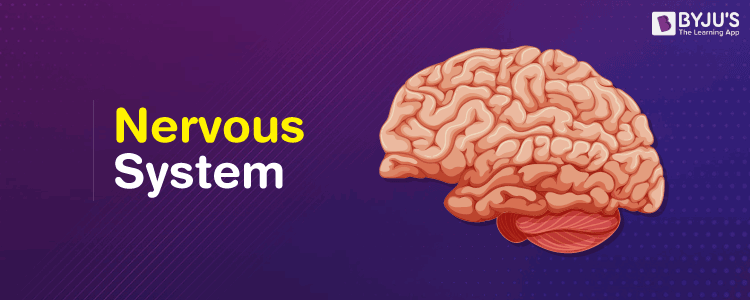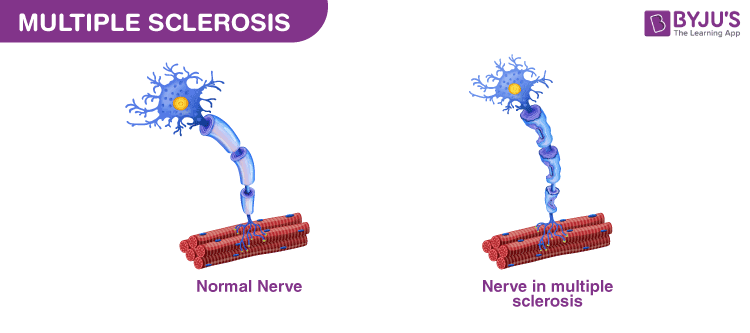
Table of Contents
Nervous System
The human nervous system is a complex network comprising the brain, nerves and the spinal cord, which control both voluntary and involuntary actions of the human body.
The human nervous system is divided into:
Central Nervous System mainly comprises two parts: the brain and spinal cord.
Peripheral Nervous System mainly includes spinal nerves and cranial nerves.
Diseases affecting the nervous system are not rare and affect millions of people worldwide every year. Most of these diseases are very severe and affect the normal functioning of the body and the brain.
List of Nervous System Diseases
The diseases related to the nervous system are listed below-
- Catalepsy
- Alzheimer’s
- Epilepsy/Seizures
- Meningitis
- Tourette
- Migraine
- Attention-deficit/hyperactivity disorder (ADHD)
- Huntington’s
- Tropical spastic paraparesis
- Locked-in syndrome
- Multiple sclerosis
- Arachnoid cysts
- Parkinson’s
- Addiction
A brief description of the most serious nervous system diseases is mentioned below.
Multiple Sclerosis
It is a very serious disorder of the nervous system in which the insulating cover of the nerves degenerates. Depending upon the amount and location of the degeneration, the patient may suffer from blindness, loss of sensory perception, paralysis or other sensory difficulties.

Parkinson’s
This disorder affects the cells in the brain, which results in a level drop in dopamine. It affects the ability to move in the human body, often causing paralysis. There is no treatment for Parkinson’s disease, but like Alzheimer’s, it can be controlled with the help of medicines and therapies.
Also Refer: Brain Diseases
Epilepsy
It is one of the most severe central nervous system diseases which causes seizures and other abnormal behaviours in the patient. It can be inherited or caused because of a head injury. It can manifest at any age, and the cases of childhood epilepsy are also quite high.
Alzheimer’s
This disease attacks the cells in the brain and makes them degenerate until they die. It causes the affected person to lose their memory. Most cases of dementia are caused by Alzheimer’s. There is no permanent cure for this disease, but medication and therapies can delay the symptoms temporarily.

Symptoms of Nervous System Diseases
There are hardly any decisive and drastic symptoms of these diseases. Some of the general symptoms may include-
- Weakness or loss of muscle strength.
- An unstable headache.
- Loss of sensory feeling such as tingling.
- Lack of coordination.
- A sudden problem in seeing or double vision.
- A persistent or sudden onset of a headache.
- Memory loss.
- Tremors and seizures.
- Impaired mental ability.
- Muscle rigidity.
To learn more about the human nervous system and other related terminologies, visit BYJU’S Biology.

Can I get the information on what are the prevention and causes of nervous system diseases?